Making a Youth Film "Out of the Ivory Tower" —— Interview with screenwriter Li Zelin

Respondents:Li Zelin (young writer, screenwriter, representative works "The Sky of Wind Dog Boys" and "The Lion Boys")
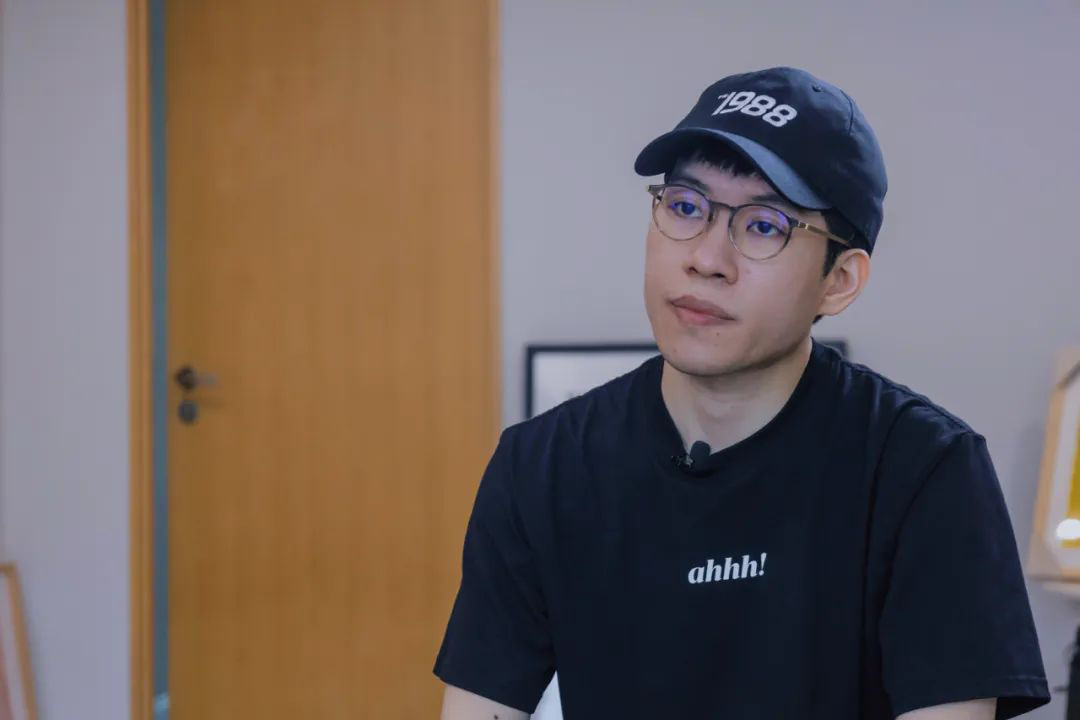
Interviewer:Tuolu (Lecturer, School of Art and Media, Beijing Normal University, Ph.D., Chinese Department, Peking University). )
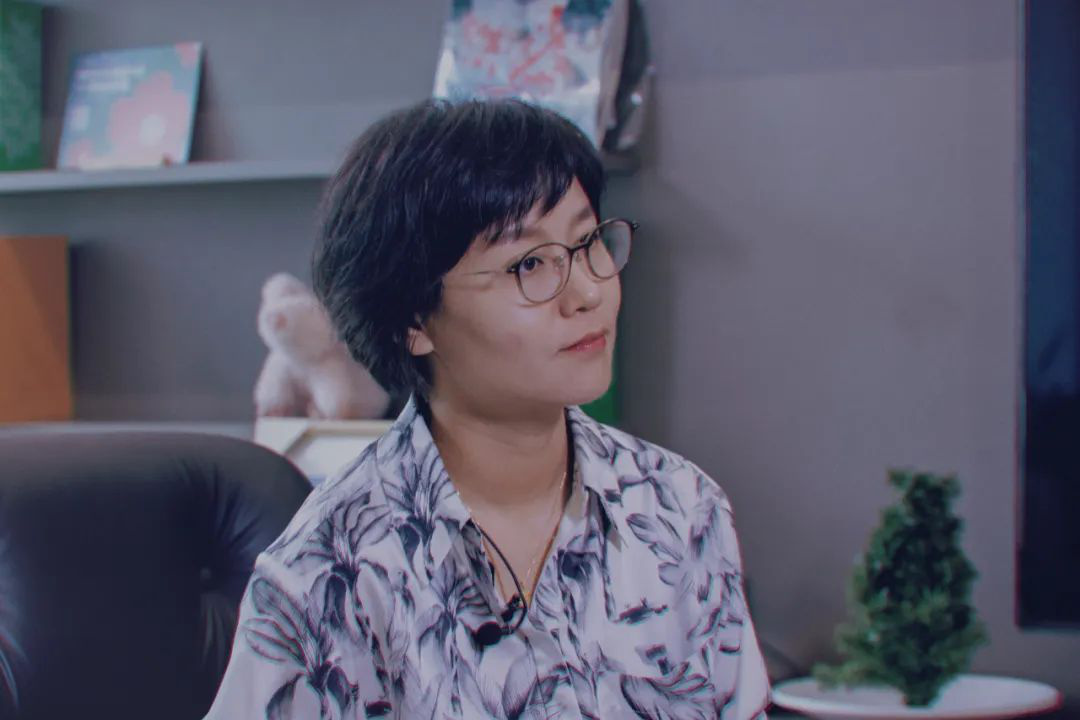
Organizer:Zixuan Zhao (Master of Radio and Television, School of Art and Media, Beijing Normal University, 2021)
Ding Lu (Master of Radio and Television, School of Art and Media, Beijing Normal University, 2021)

"Writing is something I have loved since I was a child."
Tuolu (hereinafter referred to as Tuo):
I know that you have transformed from a young writer of literary novels to a screenwriter of dramas and movies. Which identity do you prefer, the novelist or the screenwriter?
Li Zelin (hereinafter referred to as Li):
In fact, I think whether writing a book, a script or making a film and television work, these works give me an identity. Because I like it, I enjoy the process of creating works, and I also have a strong internal drive. My parents started out in business. When I just finished the college entrance examination, they heard that I wanted to create, and they just thought I was trying to find a way to escape from life. Growing up, they didn’t see my hobbies or talents in this field, and they always thought that I had nothing to do with the so-called creator. But in the end, I embarked on this road, and I feel lucky.
Rio Tinto:That means you didn’t actually try to create a work before the college entrance examination began, did you?
In:When I was a child, there was nothing to play. Dozens of children in several communities often got together and listened to my stories. I made up most of the stories told at that time, and I think this may be the original creation. Later, I began to try to write something, but it was not published. Until high school, I didn’t have a clear goal for my future. Later, I accidentally watched The Pursuit of Happyness on the Internet and felt very moved and encouraged. I decided to make a movie. My goal at that time was to take the Chinese opera exam, and I made a lot of efforts for this goal, but I couldn’t find the Chinese opera when I filled in my volunteer. Later, I learned that I had to take the art exam to sign up for the Chinese opera.
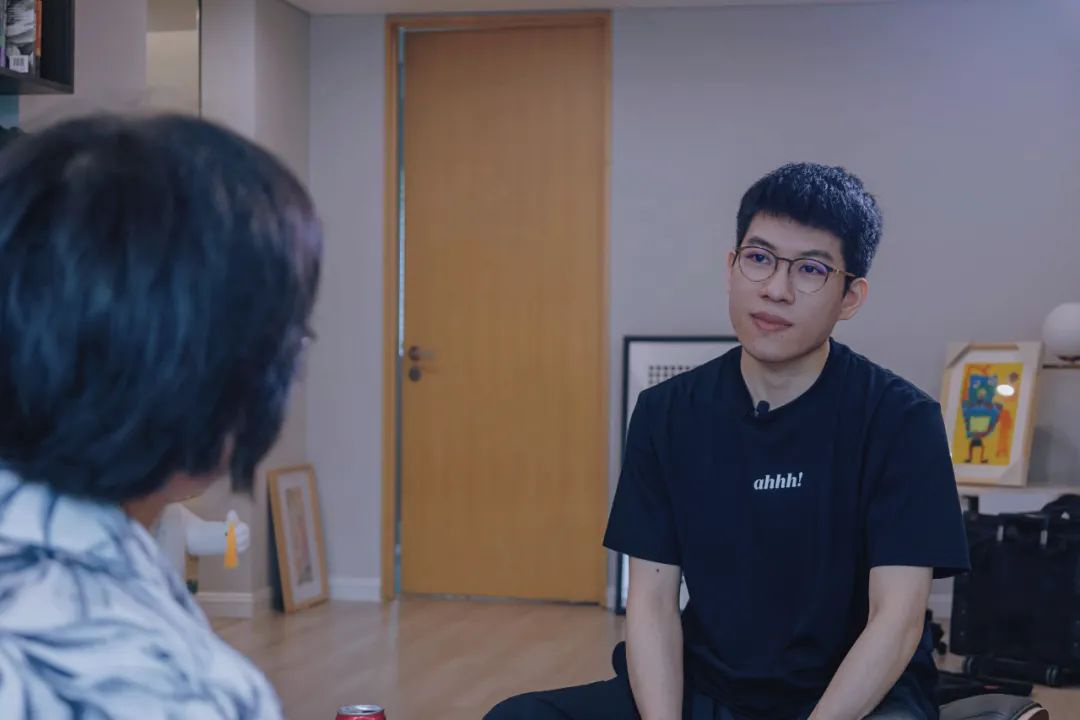
Tuo Lu (left) and Li Zelin (right)
Rio Tinto:After the publication of your first work, what kind of opportunity made you feel that you could keep writing?
In:Before the book was published, I was invited by "One One" to write some short stories, which gained a lot of praise after the story was published. It was then that I thought I might be able to do this thing in the future.
Rio Tinto:How did One One know about you?
In:It was recommended by teacher Liu Tong.

"Creation should tap the inner feelings"
Rio Tinto:You have transformed from a young writer of literary novels to a screenwriter of TV movies. What is the opportunity of your transformation?
In:At that time, I created the novel "The Sky of Wind Dogs and Teenagers". The waist cover of the book was recommended by Xu Jinglei, which attracted the director Zhang Yibai. After reading it, he contacted me to buy the copyright and wanted to make a film adaptation. At that time, I didn’t want to adapt it myself, but one day I chatted with director Bai about the schools in the book, only to find that we were all from Chongqing No.29 Middle School, so I talked about some things about going to school when I was a child. He suggested that I write a script, and gave me a lot of help and guidance, which led to the drama "The Sky of Wind Dog Boys".
Rio Tinto:There is still a big difference from a novelist to a screenwriter. What do you think is the biggest difficulty on the road to transformation? What growth and changes have you experienced? How do you adapt to the working condition of a screenwriter?
In:At the beginning of writing a script, the director routinely asked me to write an outline, diversity and so on. I wrote for three months, but I still couldn’t write it. I was very depressed at that time. Later, I thought, although I can’t write an outline and a diversity outline, what if I can write a script? I wrote three episodes of the script directly and gave them to the director, and he knew the story clearly. Later, he was very tolerant and allowed me to write the script directly.
Rio Tinto:So you jumped out of the conventional creative method, didn’t you?
In:Yes, I didn’t have experience before. When writing a script, I just thought about the characters clearly, but the whole story came out slowly in the process of writing. However, with the creation of works, the creation of outlines and diversity is relatively skilled now.
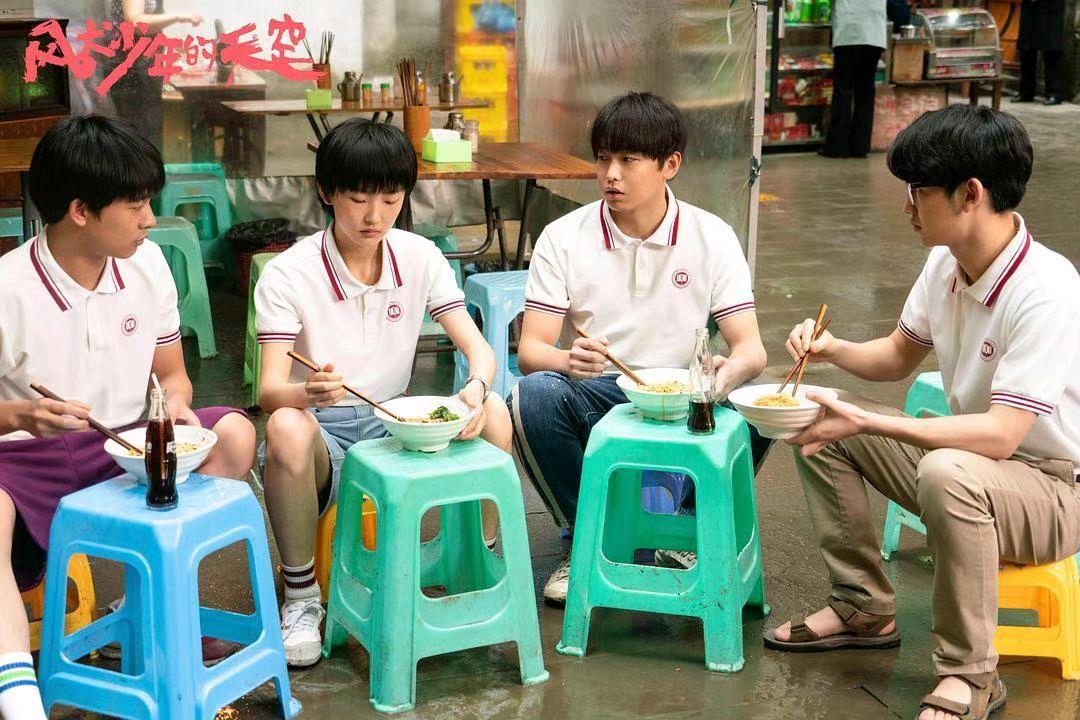
Rio Tinto:So how do you usually get through the creative bottleneck?
In:This happens to me all the time. When writing "The Sky of Wind Dog Boys", I often don’t even know what the next word is, let alone the next scene and the next line. At this time, I usually try to keep calm, read books and watch movies without a destination, and often find inspiration and inspiration in some unrelated books and movies. Anxiety and anxiety will only make efficiency lower.
I think creation is basically a process of confronting negative emotions. For example, in a meeting, when people give you opinions and suggestions, you have to open your heart. I don’t think any opinion is completely absurd or useless, but you have to screen it yourself, and the creator must have a clear understanding of the work. I think good works are actually flawed, you can’t make a perfect thing, but you have to find a way to make the most valuable shining point shine with great light. At the same time, the creator should put his own feelings into his creation, and most of the feelings between people are common. Even if we all grow up in different environments, experiences and genders, we will be touched by common feelings. I see a part of my work that hits me, and I think this part is the emotion that the creator dug out from the bottom of his heart. So it also needs courage, the courage to open a part of yourself to the world and let everyone see it.

"Every character in the pen has life."
Rio Tinto:When I read your works myself, I found that the identity of "teenager", or the image of "teenager", is what you created the most and impressed the fans the most. Why do you love such a theme so much and think such a character image is the object you want to create?
In:The first is the chance of creation. When I first entered the business, Director Yibai’s need for me was "youth". Secondly, I personally like teenagers very much. Many interesting things always happen to teenagers, and it is easier to give play to my good emotions and emotions.
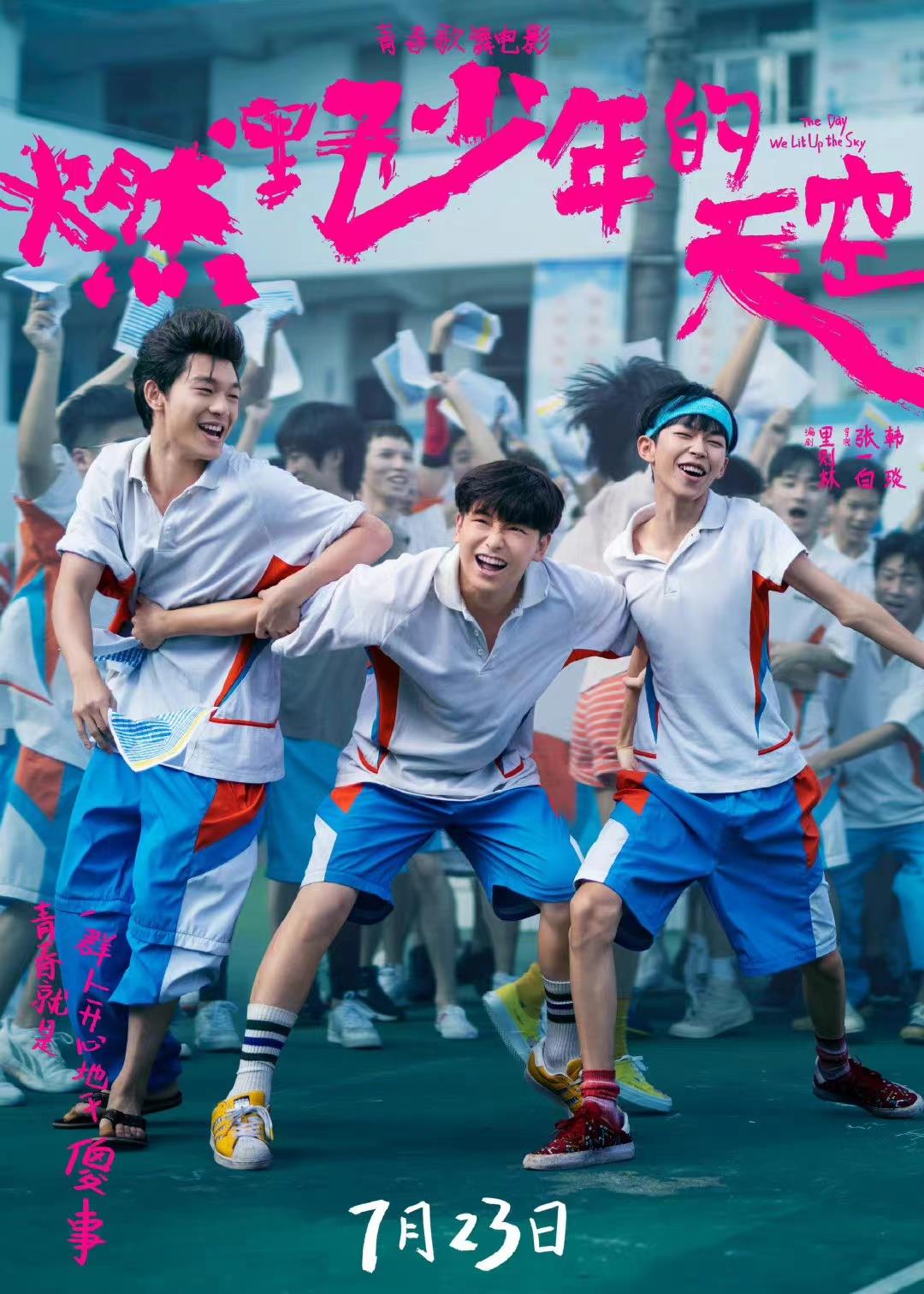
Rio Tinto:I noticed that there seems to be something like "story world" in your creation. For example, "old dog" appears repeatedly, "salted fish" is an image that the protagonist often compares himself, and "running like a dog" was also used in your previous title. Why did you choose these words so frequently in your creation?
In:Because I think the creation is staged, for example, these works were created in two years. In these two years, as a creator, your own state and thoughts, including what you touch and think every day, may have similar temperament. My three works are similar and related to some extent, probably because they were created at the same time.
The old dog borrowed the nickname of his childhood playmate. When I wrote The Sky Burning with Wild Teenagers, I thought about changing the name of the old dog, but I didn’t come up with a better name and continued to use it. In my opinion, a character name represents a certain temperament, which will exert a subtle influence on you and lead the creator to finish shaping them.
Rio Tinto:When I look at your works, I sometimes think of some Hong Kong movies, and I feel that there is a little shadow of young and dangerous people, or a little shadow of Stephen Chow. Some fans are very curious. I wonder if you particularly like Hong Kong movies or Stephen Chow?
In:When I was a child, I didn’t know where to go to see foreign movies. Sometimes I rent a disc, and many foreign movies don’t even have subtitles, so I can’t understand them. Therefore, when I was a child, I was exposed to Hong Kong films, such as works directed by Stephen Chow, Chen Kexin, Du Qifeng, John Woo and Jing Wong. Later, I started to get in touch with some literary lovers, and I also went to see the films of Kitano Takeshi and others. I was deeply influenced by these films.
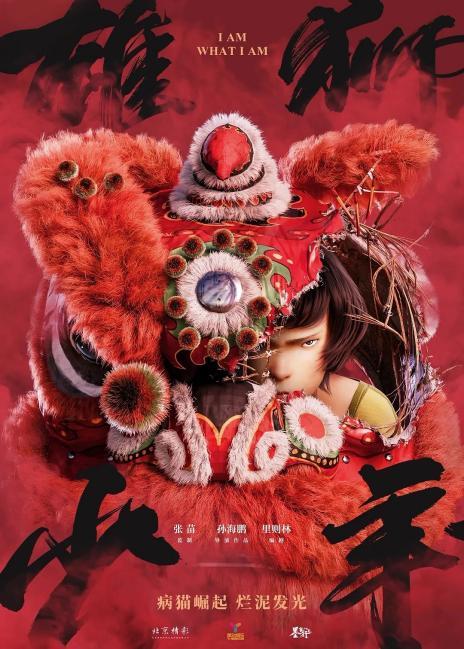
Rio Tinto:You are from Guangdong, and you are kind to Cantonese. There are actually two versions of The Lion Boy in Mandarin and Cantonese. Did you think in Cantonese or Mandarin when you wrote the script before?
In:Thinking in Putonghua, I wrote this work in the context of Putonghua, but the scene was set in Guangdong. So when director Sun Haifeng came to me, I was going to decline at first, because I didn’t write cartoons, and I didn’t know what to pay attention to compared with live action. But he finally mentioned the theme of lion dance, which I am very interested in, because there are relatives in my family who dance lions, so we have found a common interest.
Rio Tinto:You said before that you need to change your way of thinking and expression from writing a novel to writing a script. Then it seems that you have changed from a movie to an animated movie. Are there any difficulties in this process?
In:When creating animated films, I don’t have so many burdens in my heart. I think what the picture looks like, how the characters should speak and what they should do, so I write it in the script according to the picture that appears in my mind. But in the end, it is found that there are still some differences between the real script and the animated script. I think there are many emotions and lines in animated films that should be simpler and more direct, because animated films can’t be as delicate as real people in performance. This should have been a consciousness before creation, but it was not there at that time. Fortunately, our generation grew up in the immersion of animation, and my own works have a certain sense of comics, and there will be an intuition in my subconscious.
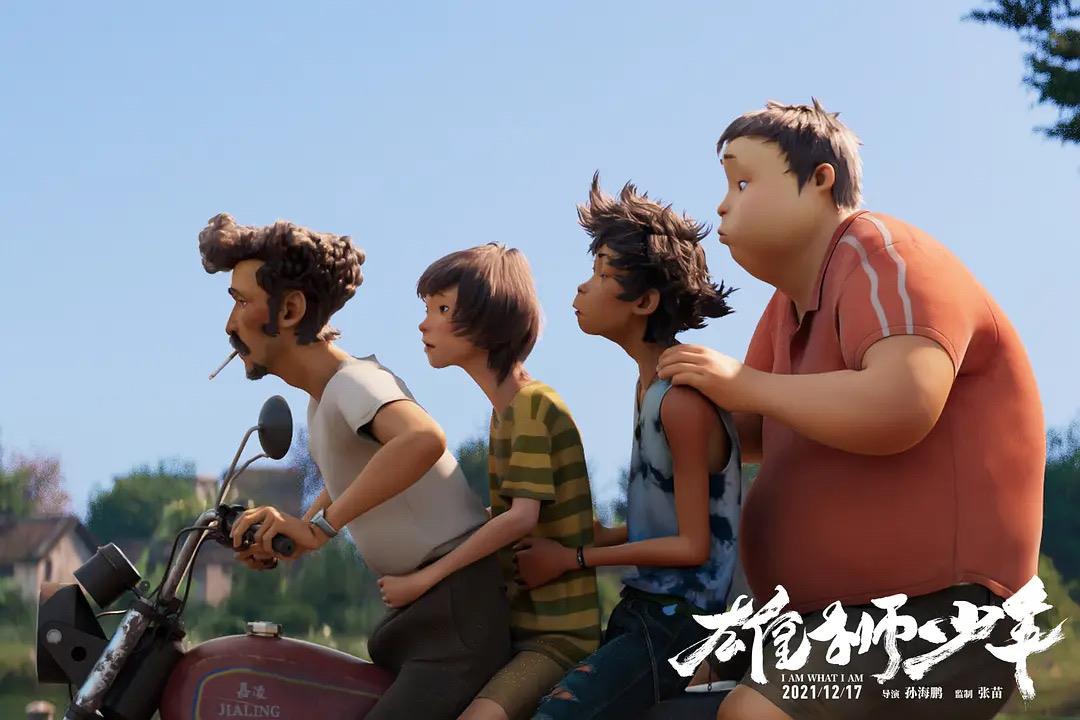
Rio Tinto:In "The Lion Boy", do you want to express your concern for riff-raff and the narrative of the boy’s growth, or did the whole animation production team decide it at the planning stage?
In:At the beginning of the script, I thought I would write such characters and stories. Lion dancing is really a bitter, dangerous job, and it may take a lot of hard work. When the lion dancer performs in front of you, you will feel a little scared and shocked. When creating, I think that if the hero wants to be a lion in the end, he must be a man who is unlikely to be a lion at first, so that the contrast can produce a sense of "counterattack". I think The Lion Boy can be enjoyed by everyone, and one of the most important points is that it is inspired by the hero’s spirit.
Rio Tinto:It is said that you finished writing The Lion Boy very quickly. Did the director and planner brainstorm with you? Did they put forward any creative demands?
In:When Director Sun Haipeng found me, we talked about the content, style and context of the story. In the process of production, we made many details changes, and they all went smoothly. Director Sun Haipeng made me feel at ease. He resolutely made the production according to our agreed feelings, and added a lot of points to the presentation of the script in the whole production process. For example, the hero flower is actually added later. At first, I wrote kapok, because I think it has Guangdong characteristics and is very beautiful. One day, the director discussed with me "whether to call it kapok or hero flower, and whether to add another line according to this hero flower", so there was the sentence "You are the man who was hit by hero flower".
Rio Tinto:There is a scene in "The Lion Boy" that fans like very much-the hero dances alone on the roof from dark to dawn. That scene is particularly poetic. Can you talk about it?
In:The director and I were looking forward to the play at the script stage, and we all said that this place would be very burning and moving. Finally, the finished product completely exceeded my expectations. I didn’t expect it to be so good.
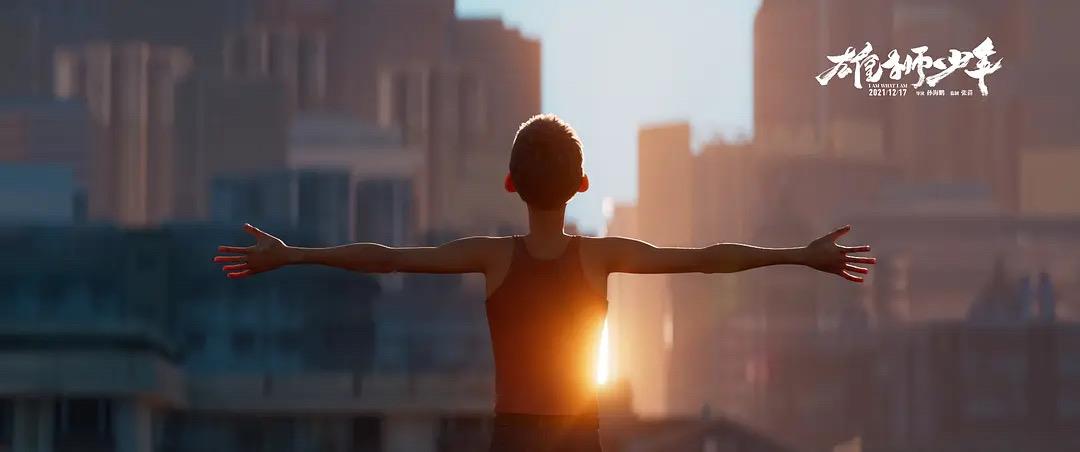
Rio Tinto:The end of the film is a little heavy, but the protagonist still decides to go to Shanghai. What do you think about this plot design?
In:The script ends when you jump towards Optimus Prime, fall into the water and the reactions of various characters in the story. "Going to Shanghai" is the director’s idea. There are many moments in life that jump out of the shackles and touch the sky, but it is only a moment, and finally it has to return to reality and real life.

Make a youth film "Out of the ivory tower"
Rio Tinto:Director Zhang Yibai said that your creative style is "social youth". Have you talked about this before?
In:Actually, I haven’t talked When he said "social school", I think it may be that at the beginning of the creation of "The Sky of Wind Dog Boys", director Yibai told me that he wanted to make a youth film that "walked out of the ivory tower" and talked about the growth of these 15-and 16-year-olds outside the school. After all, studying at school is not the whole of a person’s growth, and a lot of growth is also related to friends, families and growing environment around him. The "social school" I understand is the intersection of the characters in the story and real life, and the feelings that bounce back after the collision.
Rio Tinto:From "Wind Dog Boy’s Sky" to "Lion Boy" later, it seems that you want to make a map of the juvenile universe. Are you still doing this direction now? Or the other direction?
In:I didn’t think so, and I didn’t stick to the theme of teenagers. But as a creator, his creative style may not change much in a short time. I am often told that creators need to make some breakthroughs. I think there is no problem with breakthrough, but it is easy for creators, especially young creators like me, to fall into a trap. Breakthrough is a long process, which needs to be accumulated slowly, practical steps and real feelings and experiences. Maybe at a certain stage, you will naturally complete a so-called breakthrough.
Rio Tinto:I read in your file that you often transferred to other schools and visited many places when you were a child. Do you think this experience has any influence on your creation?
In:My childhood experience was quite wandering. I spoke Cantonese in Guangdong since I was a child, and then I went to Shanghai and had to speak Shanghainese. I finally learned Shanghainese, went to Chongqing and learned Chongqing dialect. I finally learned a very authentic Chongqing dialect, went to Haikou and spoke Mandarin again, and went to college and returned to Guangdong to speak Cantonese again. Looking back now, this experience has provided a lot of help for my creation. I will observe others, the surrounding environment and the city where I live from the perspective of a bystander. When you go to a place to live, you have to find a way to blend in and live. This kind of experience has made me form a habit since I was a child, and I like to observe others. Think about why these Chongqing people are like this. Why are these Hainan friends like this? Now that I think about it, it was really a good experience.
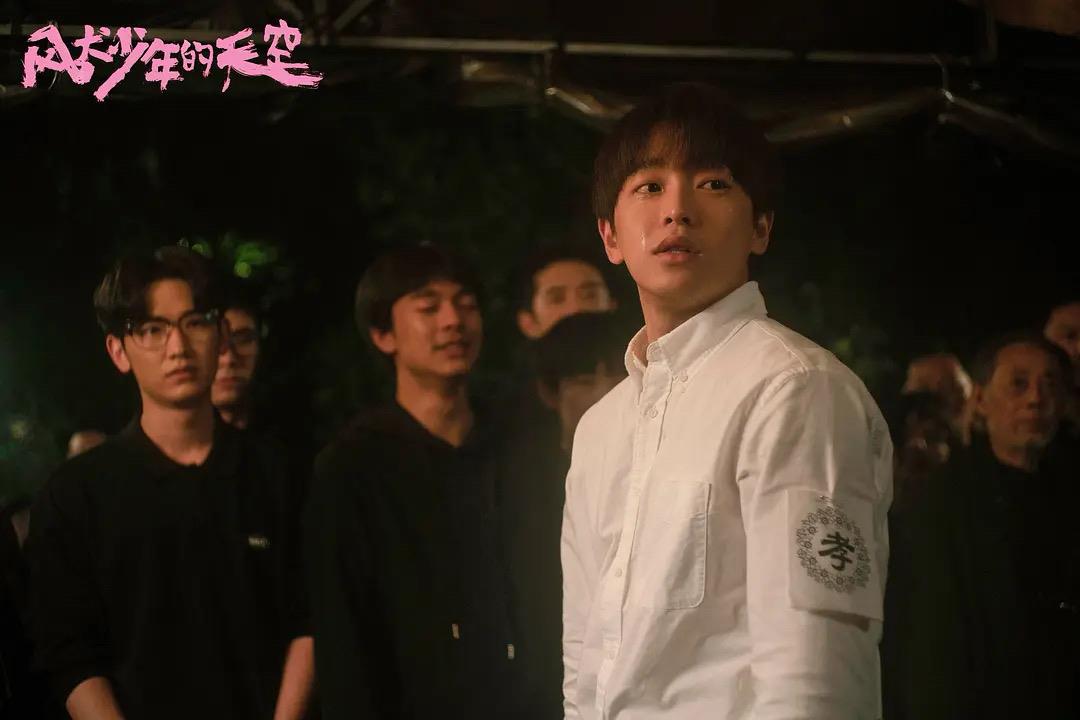
Rio Tinto:So in your creation, it is more likely that you observe other people’s lives than your own experiences?
In:For example, the old dog in "The Sky of Wind Dog Boys" and A Juan in "The Lion Boys", you will meet such people in your life and have had contact and intersection. In creation, if you need such characters, you will find their fulcrums and handrails, and then project your experiences and emotions on them, and they will return something to you. I used to create, but I didn’t know the relationship between the creator and the works themselves, so I thought I was creating these works myself. Now I feel that while you are creating these works and characters, they are also shaping you in turn. They seem to have held your hand and experienced their lives together. Creators and creative characters will provide each other with strength.

"Feedback from the audience helps me grow."
Rio Tinto:After listening to your story just now, I can feel that you are quite happy in the creative process, but when the work is finished, you will always face different voices. How do you digest and understand the negative voices?
In:I didn’t have this consciousness when I wrote "The Sky of Wind Dog Boys". At that time, I just entered the business and had no experience. I didn’t know some plots and details of the work and what kind of reaction the audience would give. When creating the Sky of Wind Dog Boys, the whole work is very close to real life. Secondly, at that time, the epidemic had not yet come, and the whole social atmosphere was more relaxed. However, after this work was published, it caught up with the epidemic. In the last fifteen episodes, the plot of "Liu Wenqin went offline" made many people very angry and produced some negative comments. As a creator, it was more painful at that time. Until I saw a private letter, a Wuhan audience said that the story was warm and happy at first, which made him feel relaxed and relieved in the environment of the epidemic, but the plot really hurt his feelings. He spoke very calmly and communicated with me sincerely. I suddenly understood it at that moment. I was still young before, and I was a little arrogant when I entered the business. I felt that I only cared about my creation, and whether I could understand it or not was your business. But after these years, I will pay more attention to the emotional connection with the audience, and I will find that the relationship between the creator and the audience is mutually supportive, so now I will consciously consider not hurting their feelings too much.
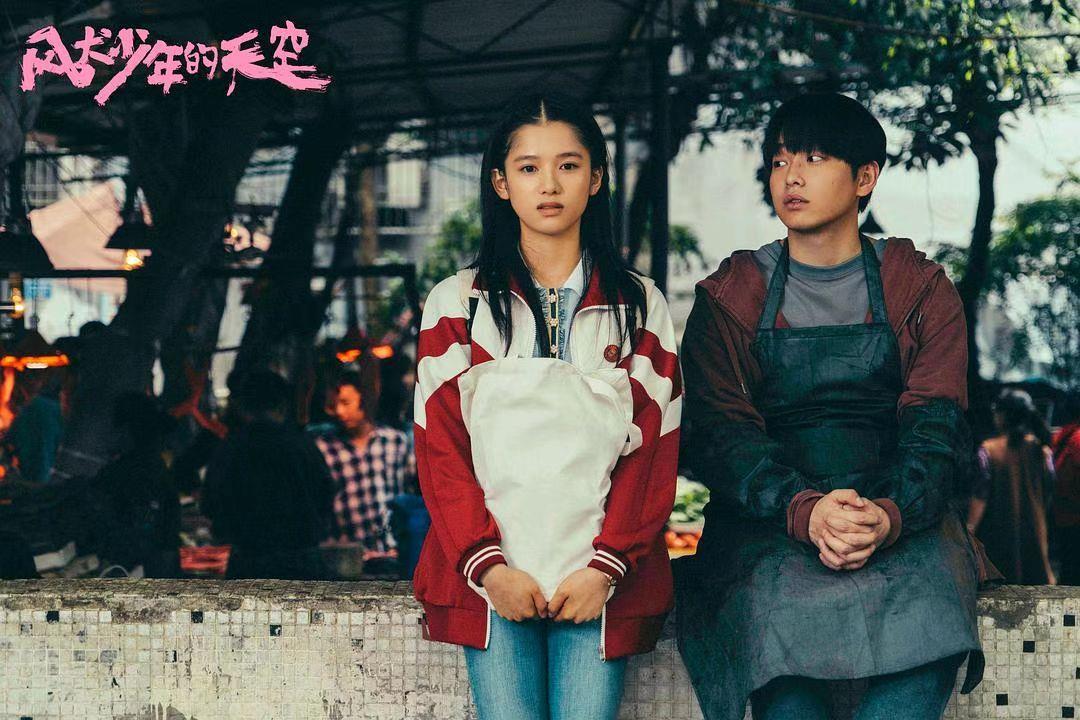
Rio Tinto:Now, when you are writing, you sometimes stand from the perspective of fans and jump out to see the storyline you created, right?
In:Will care about each other at some point. Like I watched the previous movie Waterfall, the mother and daughter finally got out of a lot of difficulties in the movie. When the girl was sitting on a stone and the distant flood came, I really thought that the director and screenwriter were going to write this girl to death. At that moment, I also felt that maybe that’s how the audience felt when they watched the last episode of Wind Dog Boy’s Sky. I feel that I have more empathy now. I have never received feedback from the audience before. Now all three works have strong feedback, which is a lucky thing for the creators. I will complain only because I love the characters. It is these encouragement, praise and criticism that make me grow up quickly.
Rio Tinto:Do you have any advice for young people who are eager to learn from you and embark on the creative road like you?
In:My suggestion is to seriously explore what you really want to express and what your true feelings are. I think it is difficult to create a work that can resonate with others without close contact with someone and experience some emotion. There is also the need to remain diligent and courageous. For a creator, you must have the courage to jump into unknown waters. When writing the Sky of Wind Dog Boys, we all want to create a youth drama with a wider dimension; When writing "The Sky Burning with Wild Teenagers", because there are not many musical films to refer to, it tests the creator’s perseverance and courage; Before the creation of Lion Boy, there were very few realistic cartoons, and we don’t know what the final result will be. I think I am more pioneering, perhaps because I am not from a regular background, and I don’t have too many rules and regulations. I just create with my own enthusiasm, and there is not much burden.